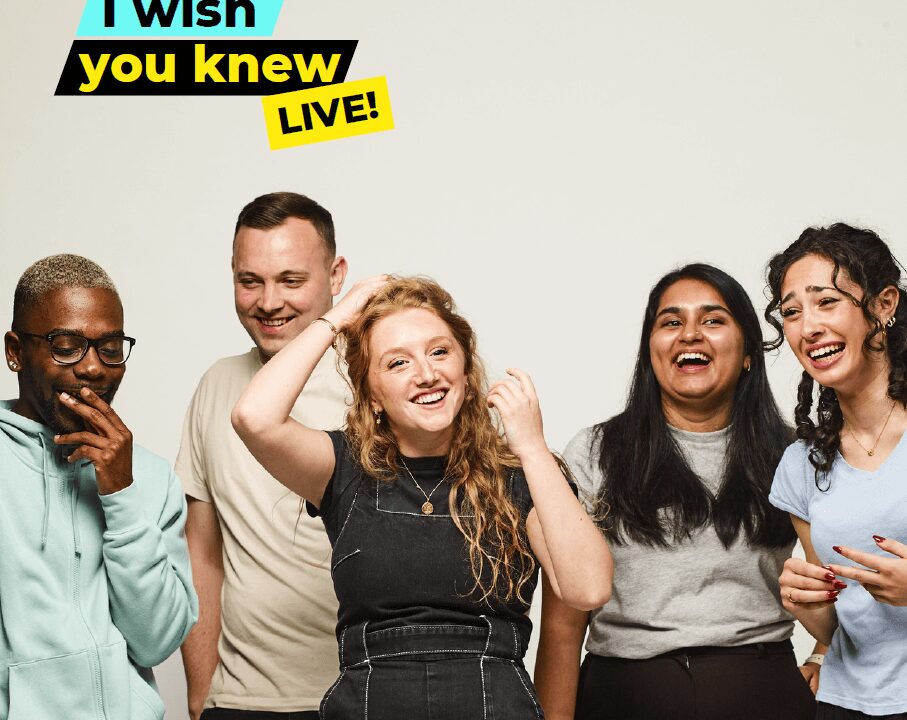A guide to social media design


A Guide to Social Media Design and their Algorithms
by Louisa Rose, CEO Beyond
What makes social media platforms successful?
Social media apps are successful when:
- users are engaged and return for more of the same content and;
- when user numbers grow and time spent per session increases.
The more time we spend in-app, the more ads a platform can serve you (ergo the more money they make.)
What is an algorithm?
An algorithm is a set of rules that helps a user or a product achieve a goal.
Why do social media platforms use algorithms?
Social media algorithms analyse user behaviour so they can influence the way we interact e.g. follow more people, scroll for longer, ‘like’, ‘comment’ and ‘share’ more.
Persuasive technology – a mixture of psychology that influences attitudes, and tech design – is at the very core of social media design and the very thing that can cause our brains to elicit chemicals that strengthen addictive behaviours. The key word here is addictive.
The goal for the platform is to serve the most relevant and interesting content for each user because that encourages them to stay logged on for longer. The more users are engaged with the platform for longer periods of time, the better (for their bank balances, not necessarily for our minds).
The information you provide the algorithms (the way you interact with a platform) will dictate what content you are shown.
Algorithms are great, in theory, as they help to personalise content. However, (and crucially) when users aren’t mindful of these algorithms, or surf social media carelessly, the impact can be devastating. Very quickly our feeds can morph from uplifting, carefully curated content into harmful, dangerous content that has the ability to crush self-esteem, influence our mood negatively and spread hate.
Harmful content
Social media wasn’t designed to spread hate or harmful and dangerous content. Quite the opposite. It was designed to bring people closer together by strengthening relationships. However, as social media usage increased, a variety of human factors and well as societal and systemic issues, meant that the innocent nature of the apps began to be exploited.
Unfortunately, the algorithms used to serve you content you want to see have often not been trained to differentiate the well intentioned from and the harmful. And sadly that persuasive technology we spoke of above will amplify content regardless of whether you deem it to have a positive or negative impact.
The good news
By ensuring that we understand the way algorithms and apps are built, we can mindfully navigate social media. Surfing social media mindfully allows us to reclaim control of the content we are shown and therefore reduce the impact social media has on our mental health. It can help us to stay safe online.
Join our campaign to #surfsocialsafely and share the following tips with your students:
#SurfSocialSafely is a campaign by a collective of mental health organisations to help you reclaim control of the content shown to you on social media platforms.
Share our tips and tag us in your posts using #SurfSocialSafely
- Review your discovery pages (For You, Explore etc). If anything on there doesn’t inspire, motivate or empower you, use the ‘see fewer posts like this’ or ‘not interested’ buttons to let the algorithm know.
- Mute or unfollow accounts whose content doesn’t inspire, motivate or empower you.
- Follow hashtags for topics you are interested in
- Set yourself screen time limits
- Charge your phone away from the bedroom. This reduces the temptation to reach for your phone and among other things, will improve the quality of your sleep.
- Wear a watch. Depending on your mobile phone as a timepiece creates an all too easy gateway into careless social media scrolling. So invest in a watch to break that habit.
The above guide is available as a PDF together with some shareable social media graphics. Click here to access.
If you have any questions relating to the above, please reach out to louisa@wearebeyond.org.uk


